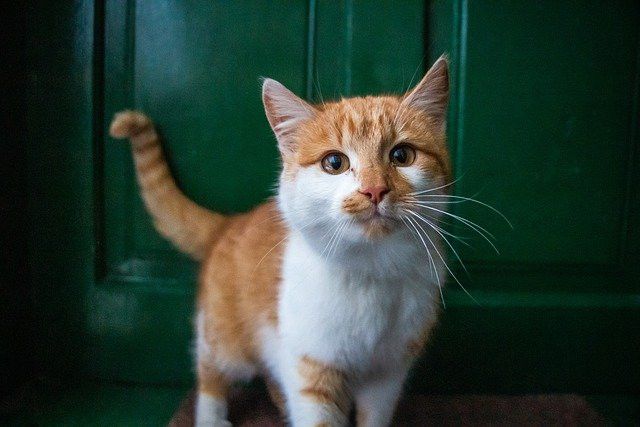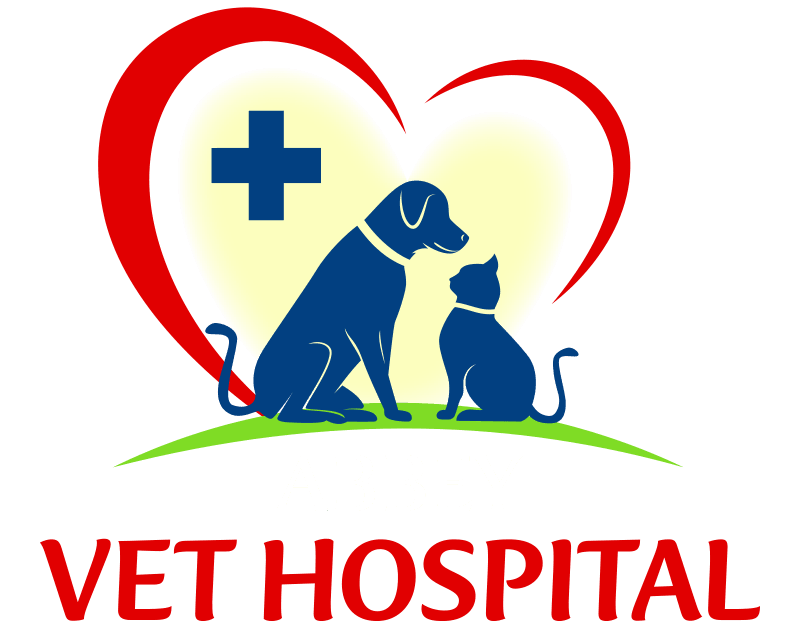The Web is a remarkable place to educate yourself regarding your four-legged best friend's unique needs. With a plethora of information right at your fingertips, learning more about your cat or dog is fairly simple. However, lots of cat and dog owners are unaware many everyday items could hurt their beloved pets. Almost everyone is aware that chocolate and medications are toxic to household pets, but there are plenty of other things that are equally harmful. Since this month is National Pet Poison Prevention Month, it's a wonderful time to find out more about typical household hazards. Here are a couple of everyday objects you may not realize are harmful to your beloved pet.

1. Xylitol
You might not recognize xylitol by name, but you likely have it somewhere in your home. It is a common synthetic sweetener used in sugar-free products, most commonly gum and candy. Unfortunately, this ingredient is certainly not sweet for domestic pets. If ingested, Xylitol may cause blood sugar levels to drop. It has also been linked to serious liver damage. With food manufacturers using this ingredient more often, it's turning up in new foods and snacks regularly. Even some peanut butter contains xylitol. Be sure to read labels before giving your pet people food!
2. Raisins and Grapes
Grapes and raisins are yummy and nourishing treats for you and your children, but they could be deadly to your furry friend. Scientists aren't quite sure precisely why these fruits are so harmful to companion animals, but even ingesting just a few grapes or raisins could lead to kidney failure.
3. Houseplants
Pets and plants are not a very good mix. Various popular houseplants are poisonous to animals, and they can cause everything from minor stomach upset to organ failure and death. Snake plants, aloe, dracaena, and philodendrons are just a few of the houseplants that are harmful to dogs and cats.
What to Do If Your Dog or Cat Ingests a Poison
If you ever have any reason to think your dog or cat may have consumed or been exposed to a toxin or poison, seek professional help as soon as possible. Your pet needs to be evaluated even if they have no noticeable symptoms. Contact the Pet Poison Helpline for additional information, including whether you need to see an emergency veterinarian.
If your four-legged best friend needs a skilled veterinarian in Antioch, contact Abbey Vet Hospital. We provide both preventative care and treatment for illnesses and will help your furry friend in any way possible. To learn more about us and our services or schedule an appointment, reach out to us today.






